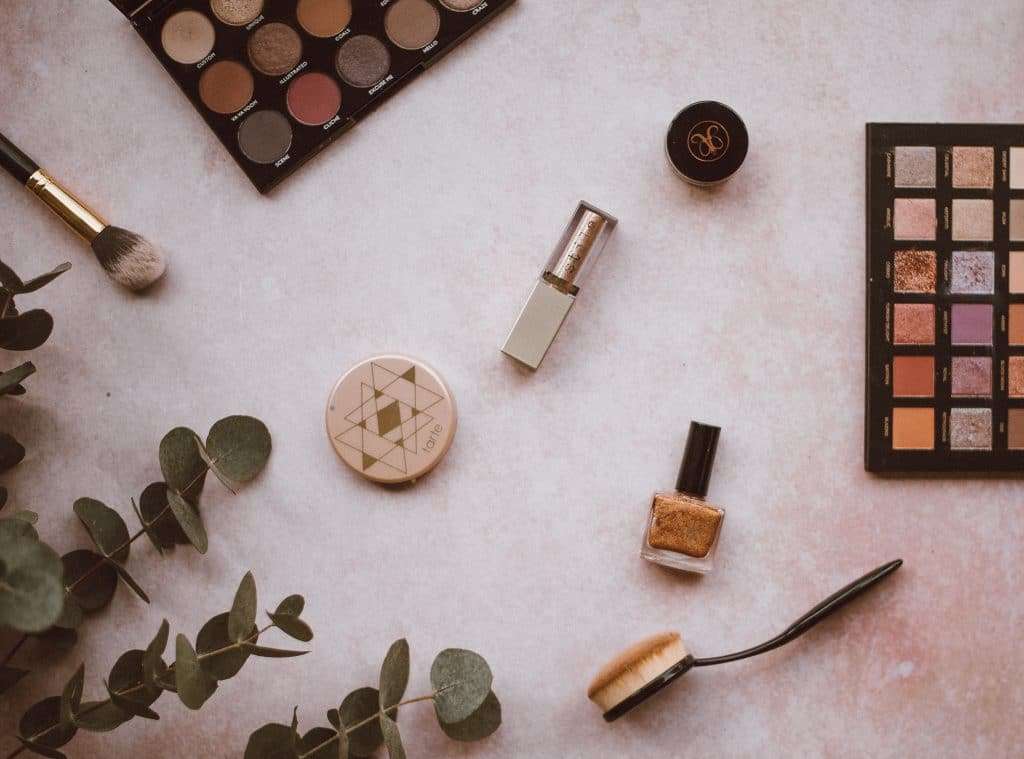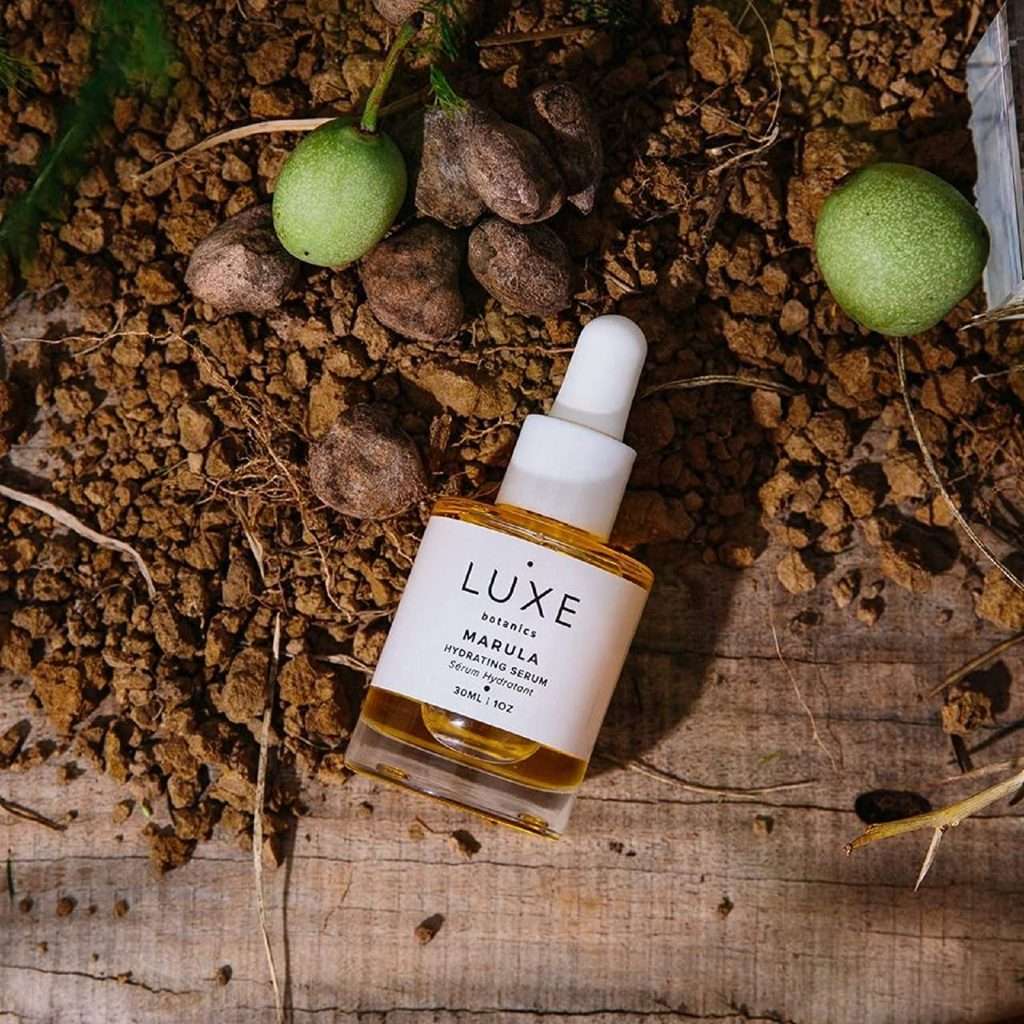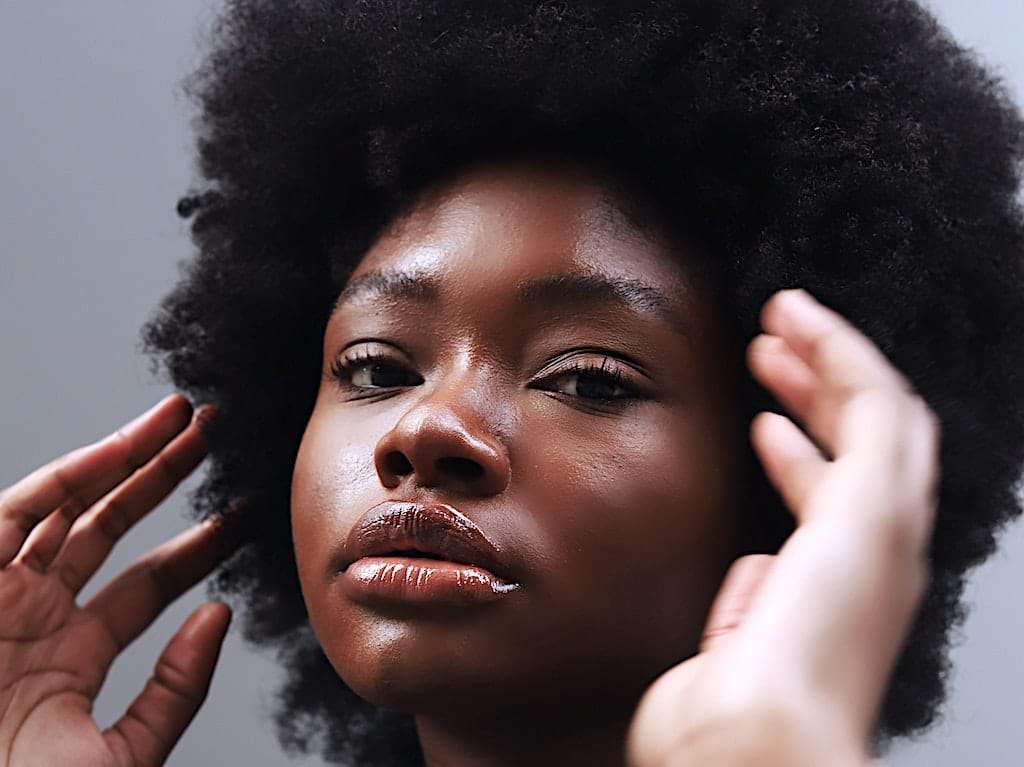Even the smallest products can make a difference in reducing your impact on the planet and in the lives of the people who help make them. Enter: Fair Trade beauty.
Clean beauty is quickly becoming the default—and it’s no longer just for women, either. We talked with Robin Doyle, founder of the Fair Trade beauty platform Beautyologie, about the best all-purpose ingredients and why Fair Trade beauty matters now more than ever.
But first, what exactly is Fair Trade beauty?
It can seem hard to imagine, but inside that little pot of eye cream is a story. Same for that lip balm, hand cream, face mask. Skincare, like food, is most often made up of plants. They’re grown, harvested, and even processed by people around the world. And just like our food system can promote unhealthy labor conditions, the same goes for skincare ingredients.
Fair Trade certification means brands are going the extra step to ensure safe working conditions and fair wages are paid for farmers and workers. This is especially important for women—they do the majority of farm work around the world. But they’re often underpaid and under-represented.

“When you buy a product formulated with ingredients made from an African women’s collective like Shea Yeleen or LUXE Botanics, your money is going directly to the women who sourced these ingredients,” says Doyle.
“Not to some big corporation that extracted the country’s natural resources and had it processed in their own facility run by people who have no indigenous ties to these resources. The fair trade way of doing business is based on a transparent supply chain that generates living wage jobs for the people within the community from which the ingredients are sourced.”
The same goes for purchasing fair trade products from another region known for its botanicals: Peru. “Businesses that follow Fair Trade principles put people and the planet first,” Doyle says.
“They help create solutions to issues including the overuse of natural resources, women’s empowerment, refugee livelihoods, human rights, inequality, and sustainable farming. Fair Trade Enterprises support organic agriculture, adopt circular economy production processes, generate new models of social enterprise, and create new ways to champion the dignity of workers, farmers, artisans, and communities around the world.”
Fairtrade International is the most widely recognized Fair Trade label in the world. It is co-owned by more than 1.8 million farmers and workers. But there are other platforms like Fair Trade USA, and the World Fair Trade Organization also doing work to support small-scale growers and producers.
Not all ingredients can be sourced Fair Trade, and more important: not all ingredients that can, are. Look for Fair Trade labels on products or brand websites. Or shop from platforms like Beautyologie that only promote Fair Trade-certified brands.
Best Fair Trade Beauty
1. Shea Butter
Doyle says if you’re looking for a unilateral gift, shea butter is the way to go. It’s a multipurpose ingredient that everyone can use. She’s particularly fond of the Shea Yeleen Lemon Verbena Rich Shea Body Cream. “It’s my all-time favorite shea butter product,” Doyle says. “The thick and creamy consistency is nourishing enough to keep my dry skin hydrated all day without feeling heavy and the lemon verbena scent is super refreshing. I always get asked what scent I’m wearing when I use this.”
Shopping Shea Yeleen supports women in Ghana. The brand has been an advocate and life source for many Ghanian female shea producers for almost 20 years paying them five times their country’s living wage.
2. Palo Santo
“I put Essential Oils Peru Palo Santo in my room diffuser to fill my home office with positive vibes,” Doyle says. “The scent of Palo Santo is a grounding, calming and beautiful fragrance known for encouraging positivity.”
But while it smells heavenly, Palo Santo is surrounded by controversy, according to Doyle. “Native to Peru, it is illegal to cut down Palo Santo trees due to deforestation. Essential Oils of Peru is a sustainable and ethical business that only harvests Palo Santo wood from fallen branches that have died. EOP also supports a women’s handicraft collective from the Manga Manga (Palo Santo) community. This is the first source of income for most of the women and it’s helping their children with school fees and connecting to online classes,” she says.
3. Plant-Based Retinol
Retinol products can be expensive — but if you have sensitive skin, you may find you can’t use them after making a hefty purchase. Doyle says this one from Aroha Oils is a game-changer. “My skin is super sensitive and doesn’t tolerate typical retinol products,” she says. “Aroha Oils Bakuchiol Nava Age-Defying Face Gel Moisturizer is a plant-based retinol that acts like a natural facelift in a jar. It plumps and lifts leaving my skin with a dewy glow that lasts all day. I can’t get enough of its naturally fragrant scent that comes from fresh desi rose.”
Aroha Oils sources all its product ingredients from the Himalayas in Uttarakhand, India, where the company pays the tribal women fair wages and donates a percentage of all profits to female school children.

4. Marula
“Since diving deep into fair trade beauty, I have become obsessed with face oils,” says Doyle. And don’t be confused — oils are great for all skin types, even oily skin. You just need to be sure you find the right one. Marula may just be it.
“LUXE Botanics makes a Marula Oil with a hint of lemon that my face just drinks in. Marula oil is chock full of essential fatty acids and antioxidants. Any redness or inflammation my skin is dealing with is immediately diminished with this product,” says Doyle
LUXE Botanics’ Marula oil is wild-harvested and cold-pressed by Maasai women. Jene Roestorf, the brand’s founder, was connected with these women through the Leakey Foundation, an organization that creates opportunities for rural African people to earn money. (Louis Leakey is best known for sending Jane Goodall to study chimps in Tanzania.)
“Gathering marula fruits allow these women to earn enough money for food and clothes for their children for one year,” says Doyle. “Marula oil has a tremendous economic impact on the African communities where it is collected. People are now able to live a higher quality of life, invest in their local economy and give their children a brighter future.”
5. Argan Oil
“Some Moroccan was one of the first fair trade brands I added to Beautyologie,” Doyle says. “Based out of Morocco and Canada, the brand works directly with a cooperative of Berber women in Tiznit, Morocco, that produces this extremely high-quality Argan oil, which they extract through a cold-pressing method that preserves the integrity of the oil’s fatty acids, vitamins, phenols (including caffeic acid), and carotenes.”
Argan oil is often referred to by many as the “fountain of youth,” says Doyle. “I often use their Argan oil on my dry hands and cuticles (I type all day long) and my hair (which leans on the dry side from living in southern California). Argan oil has 200 percent more Vitamin E than olive oil. Some Moroccan’s Argan oil is certified organic, and five percent of every sale goes back to Children in Morocco.”
6. Moringa
Moringa trees are one of the most drought-resistant trees in the world and the antioxidant-rich oil that can be expelled from it is one of nature’s best-kept secrets, according to Doyle. “True Moringa is a fair-trade company that works directly with smallholder farmers in Ghana to locally manufacture moringa oil that they then formulate into a variety of personal care products, including my favorite lip gloss called Lip Whip.”
True Moringa Truth Pink Yarrow Lip Whip is Doyle’s color pop of choice. Moringa is rich in zeatin, known for stimulating cell division, growth, and delaying the aging of cells. “True Moringa also provides sustainable livelihoods to their farmers through access to credit, agricultural training, nutrition programs, and fair wages,” Doyle says.
Related on Ethos:
All products featured on Ethos have been independently selected by our editorial team.
When you buy something through our links, Ethos may earn an affiliate commission.


